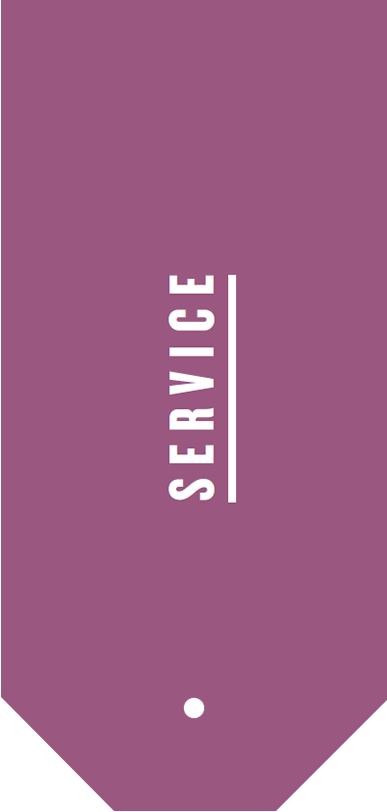
Stephenie Foster L’86 says striving for gender equality is good for business.
mpowering women is good for business—just ask Stephenie Foster L’86. As Co-Founder of Smash Strategies, a consulting firm dedicated to helping institutions advance their missions by being strategic around gender equality, Foster works with clients to identify opportunities and design strategies to help organizations “do well and do good.”
While part of that involves advancing opportunities for women in the workplace, including advocating for equal pay and increased access to leadership roles, Smash Strategies ultimately intends to revolutionize how organizations — and society at large — think about inclusion and impact.
“Our work is about more than women’s equality in the workplace. It’s really about changing the discussion around what institutions do and understanding that what they do has an impact on people differently based on their demographics,” Foster explained. “We’re not the same, so our systems and our institutions need to take that into account.”
To that end, Smash Strategies works with organizations — from small nonprofits to Fortune 500 companies — to help them improve gender equality internally so they can make more strategic decisions and better fulfill their missions. Sometimes it calls for small changes, like a CEO refusing to speak on an all-male panel, and sometimes it requiresstructural changes, like making teams more diverse so that the full impact of a decision or application can be considered.
Foster points to Siri, the virtual voice assistant on Apple products, to illustrate what can happen when women are not part of the process.
“Siri, for a while there, said a lot of inappropriate things when she was asked about sexual harassment,” Foster said “Apple changed that, but they didn’t really need to have that problem. What it says to me is there probably weren’t women involved in designing that application.”
And this is just one example of many, she noted. From facial recognition tools that have trouble identifying individuals of color, to voice recognition software that cannot accurately identify accented English speakers, a lack of diversity internally can hurt companies’ missions and bottom lines.
“It’s really about ensuring that as companies do their work, they’re looking at the different impact on men and women in everything they do, whether it’s designing a new product, looking at who’s in their supply chain, or thinking about their corporate philanthropy,” Foster said. “Our work helps people understand that taking a gender lens or doing a gender analysis or thinking about the differential impact on men and women is really important to be effective.”
And although business operations continue to be disrupted by the COVID-19 pandemic, Foster sees this moment as a chance to reevaluate ‘normal’ with this exact attention to inclusion in mind.
“We’re talking about issues [of women’s equality] in real time, which gives us an opportunity to take all those things into account when we are recovering and rebuilding,” she said. “I think this is a moment in time that can help us accelerate progress [for women] if we really pay attention to what we’re learning.”
Foster is uniquely positioned to provide this kind of counsel, having spent much of her career dedicated to advancing women’s issues on both a national and global scale. She was the first woman litigation partner at her firm, and later worked on a broad range of issues around women’s empowerment as Chief of Staff to former Senator Barbara A. Mikulski (D-MD), the longest-serving woman in Congress and a leader in the movement for women’s equality.
From 2012–17, Foster served at the US Department of State. There, she was a Senior Advisor and Counselor to the Ambassador-at-Large for Global Women’s Issues, where she managed key policies and programs related to women’s political participation and economic empowerment. She also served at the US Embassy in Kabul, Afghanistan, where she focused on women and civil society and worked towards advancing the role of women in Afghan society.
“I’ve always been involved in issues around women’s leadership, including equality and the ability to advance in the profession. It’s always been something that is really important to me,” she said. “My business now takes a lot of what I’ve learned from all those other [jobs] and brings them to bear on how institutions can address these issues.”